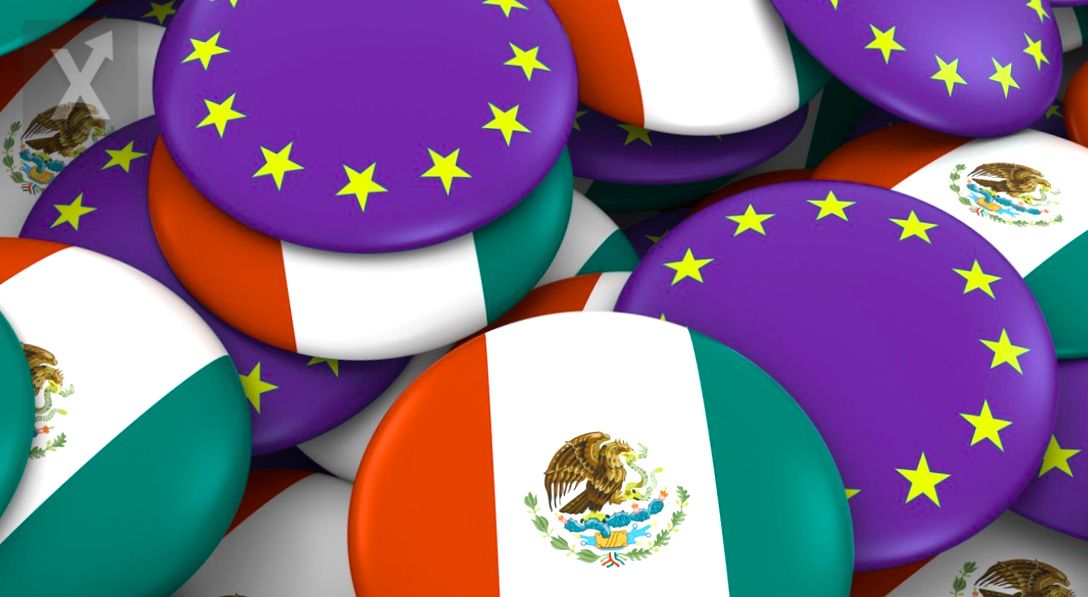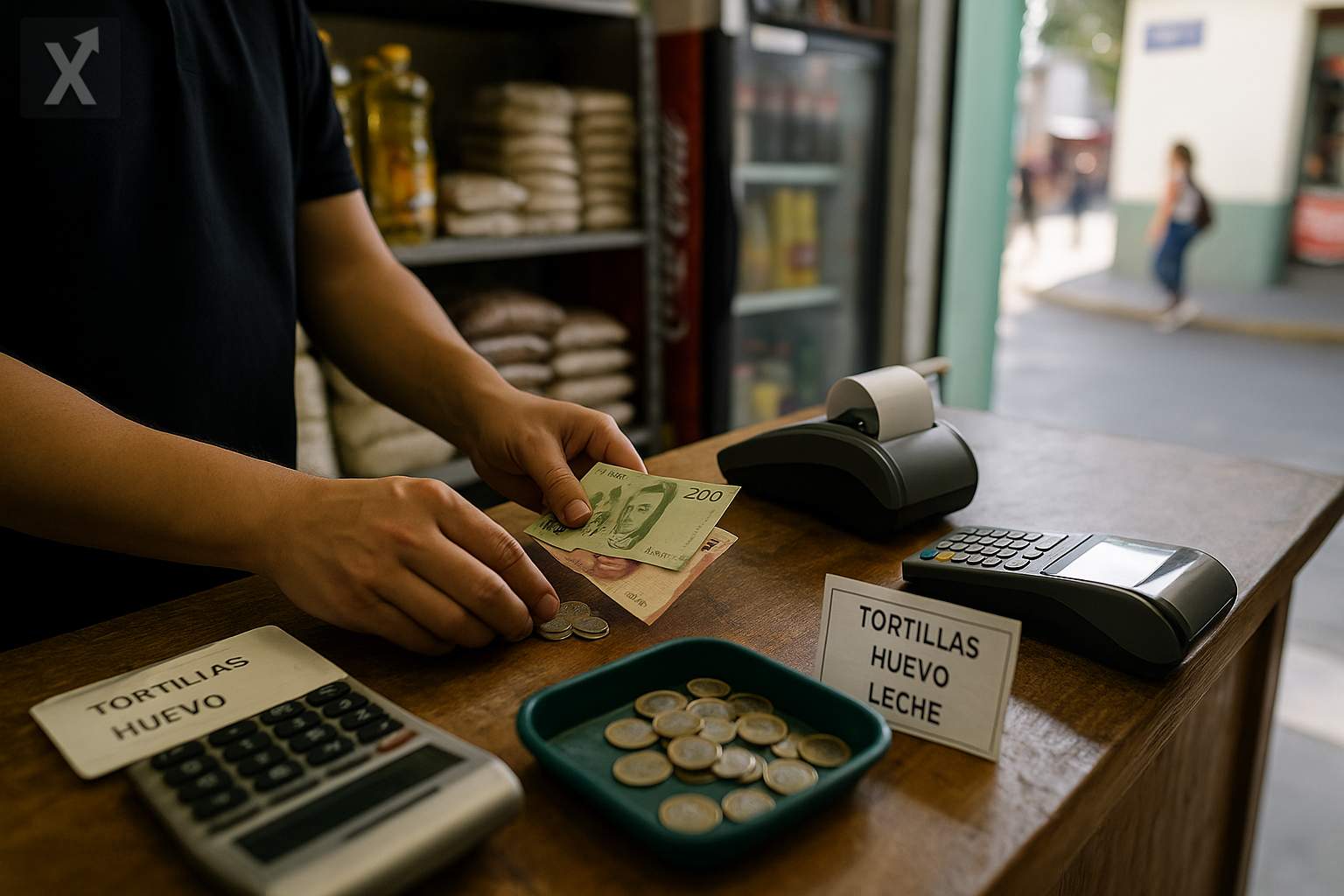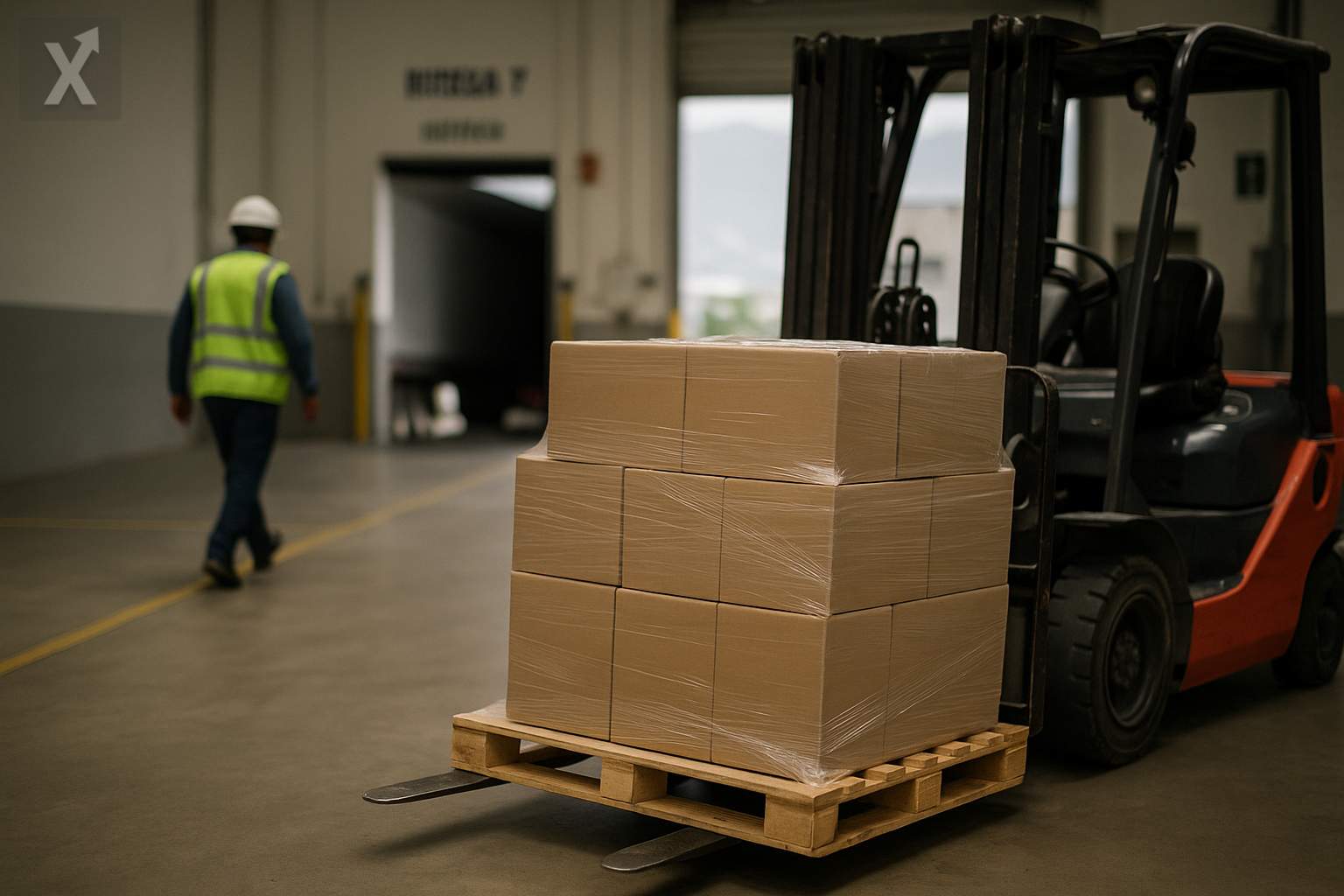European Investments Grow in Mexico: A Favorable Outlook

The Netherlands, Belgium, and Germany are showing a growing interest in Mexico, which translates into an increase in foreign direct investment (FDI) in the country. The Netherlands is leading this rise, with an investment reaching $1.91 billion by the third quarter of 2024, representing an impressive growth of 238% compared to the same period last year, according to data provided by the Secretariat of Economy.
Belgium has also increased its participation, reporting an investment of $1.528 billion, driven by a growth of 101%. Meanwhile, Germany reports FDI of $3.889 billion, which signifies a growth of 34.2%. According to the National Council of the Maquiladora and Export Manufacturing Industry (Index), Europe is focusing its attention on Mexico as a place to set up businesses and take advantage of supply chains, serving as suppliers for production lines and subsequently exporting to the United States. However, they clarify that this does not imply a triangulation as seen with Chinese companies, as an adjustment in tariffs and product transformation is necessary.
What are the sectors of interest? Data indicates that investment is primarily concentrated in the manufacturing sector, with the Netherlands and Germany focusing on the automotive industry. Between January and September 2024, the Netherlands reported FDI of $1.445 billion for transportation equipment manufacturing, making it the most significant sector; followed by the beverage industry with an investment of $204 million. Germany, on the other hand, directs its investments toward automobile and truck manufacturing, with $1.418 billion, and auto parts, with $1.058 billion. In Belgium's case, while its investments are primarily focused on manufacturing industries, there are also investments in the production of beverages and tobacco, according to information from the Secretariat of Foreign Affairs. Reinvestments and transactions between companies Regarding the types of investment, from January to September 2024, the Netherlands stands out for intercompany accounts, which are transactions generated by debts between companies established in Mexico and their counterparts abroad, representing 71% of the total; reinvestments account for 28.3%, while new investments barely reach 0.3%. Belgium shows a similar trend with 61.2% in intercompany accounts; reinvestments reach 38.5%, and new investments are practically nonexistent (0.05%). Germany reports significant reinvestments totaling 54.6%, while new investments represent 1.5%.Not everything is positive in the European landscape While some countries are increasing their investments in Mexico, others, such as Spain, France, and Sweden, are losing interest and have reported a negative flow of FDI. From January to September 2024, Spain showed a balance of -$903.4 million, France -$875.6 million, and Sweden -$136.7 million. Renata Zilli, a researcher at the European Centre for International Political Economy (ECIPE), points out in her analysis "Mexico: the missing piece in the EU's transatlantic perspective," that although Spain had been one of the main sources of FDI in Mexico, this trend has begun to reverse. In 2023, Germany surpassed Spain as the largest investor, revealing Mexico's growing appeal as a manufacturing hub for European car manufacturers. In terms of companies generating FDI flows in Mexico, Germany reported 208 in the first nine months of 2024, compared to 184 from Spain. Investment announcements stand out Between January and September 2024, Mexico registered $175.447 billion in investment announcements. Out of a total of 34 countries that made announcements, Germany ranked third with $12.159 billion, and Denmark fifth with $10.170 billion, according to monitoring by the Secretariat of Economy. Although some European countries do not show a positive FDI flow, France, Spain, and Sweden appear among the investment announcements, reporting $8.024 billion, $6.420 billion, and $776.5 million, respectively. The ECIPE researcher emphasizes that Mexico is undoubtedly an attractive destination for Europe, with FDI reflecting its economic profile, considering its exports are focused on manufacturing, resulting from decades of integration of its supply chain with the United States and Canada.
It is vital for Mexico to maintain this upward trend in foreign investment, as it not only strengthens the local economy but can also create new job and development opportunities. Diversifying investments and focusing on specific sectors, such as manufacturing and technology, are key to consolidating this appeal for investors. With proper management of economic policies, this flow of FDI can be transformed into a sustainable growth engine for the country.






